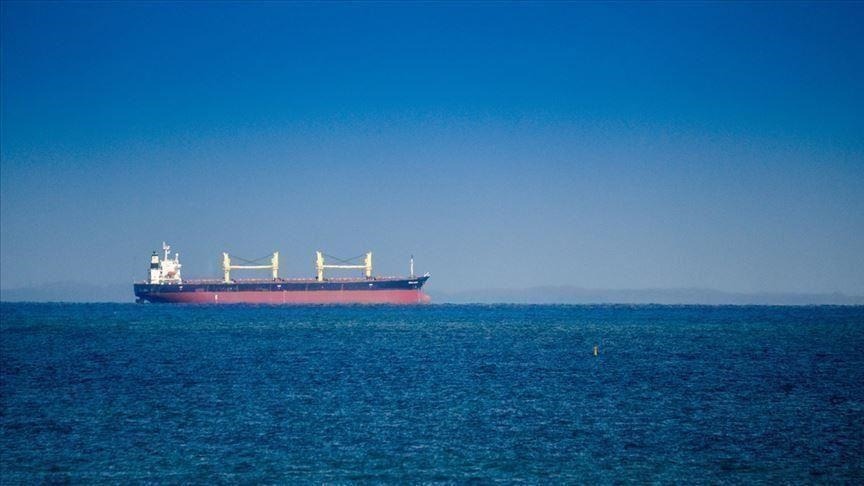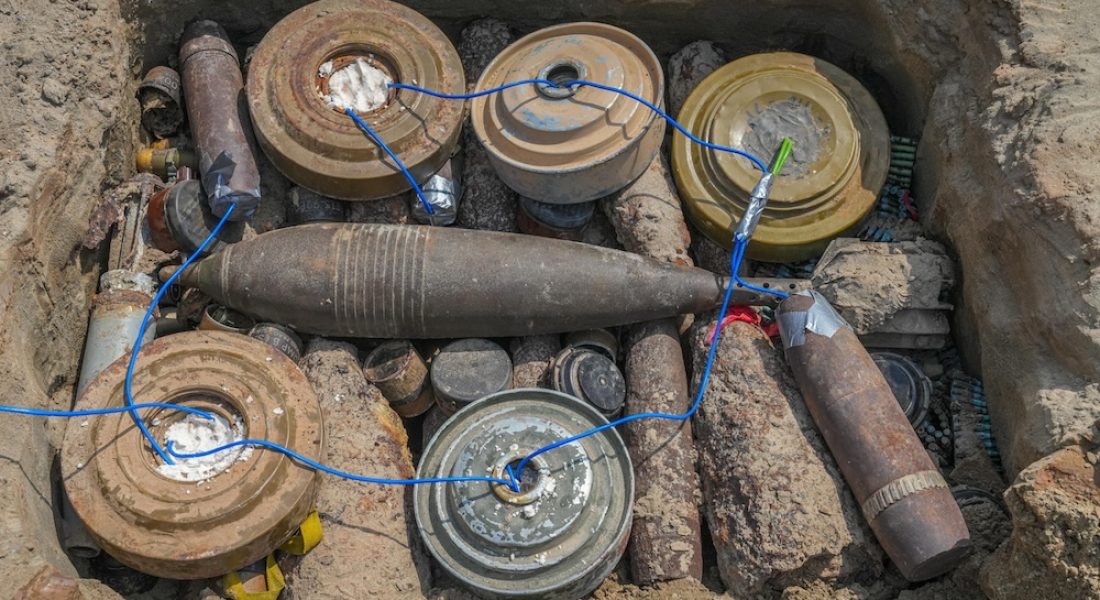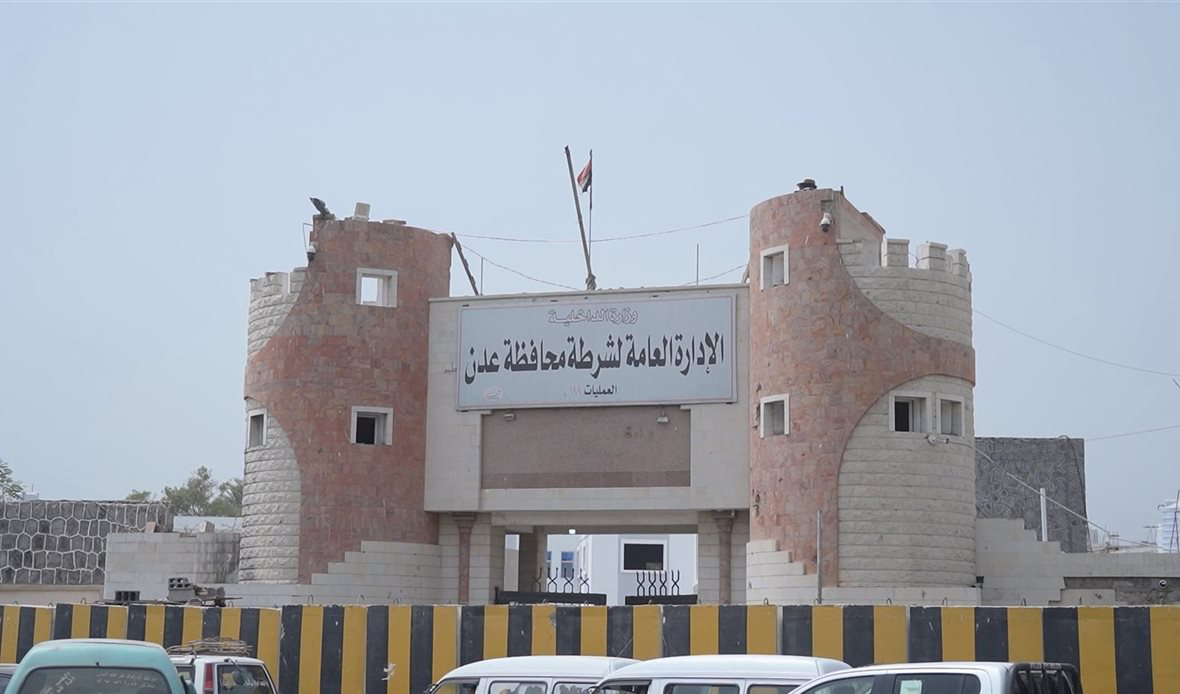
Barran Press
A senior U.S. diplomat stated on Thursday, October 3, 2024, that China has rejected calls from the United States for a coordinated international response to the Houthi attacks on international shipping and has allegedly encouraged the rebel group to target ships from other nations instead of its own.
In remarks reported by The Times, U.S. Deputy Secretary of State Kurt Campbell described Beijing's response, particularly given its naval base in Djibouti across the Bab al-Mandab Strait from Yemen, as "extremely unhelpful," raising doubts about China's commitment to global cooperation.
Campbell explained, “As soon as the Houthis began attacking shipping in the Red Sea, we reached out to our Chinese counterparts to work with us... in an effort to protect this shipping, utilizing their fleet in Djibouti in ways they had done in the 1990s with us to deal with piracy.”
He added, “We believed there was a real chance for China to say yes, as the affected shipping was significantly tied to China’s lifeline.”
However, Campbell noted, “We realized that what the Chinese were trying to do, instead of joining any kind of international naval coalition, was communicating directly with the Houthis, saying, ‘Look, these are our ships, these are not our ships—target different vessels.’”
He concluded, “This is completely unhelpful and indicates an approach... about which we have serious concerns.”
Many countries have imposed sanctions on Iranian energy, with 90% of Iran's oil being sold to China. This, according to the report, provides Beijing with potential diplomatic leverage over Tehran, which in turn supports the Houthis in their efforts to overthrow the internationally recognized Yemeni government and gain control of the country.
China maintains good relations with several governments in the Middle East, including Israel, which invests in its technology sector. Last year, it demonstrated its influence by mediating the restoration of relations between Iran and Saudi Arabia.
However, Campbell's report suggests that Chinese President Xi Jinping has opted to distance himself from international cooperation in the region, possibly calculating that the strategic quagmire engulfing the U.S. and its allies will reduce their ability to hinder Chinese ambitions in Asia.
Since November, the Houthi group has been launching missile attacks on commercial ships in the Red and Arabian Seas, leading to a crisis in international shipping that has impacted China and several other trading nations.
Before the attacks, approximately 99% of container ships traveling between Europe and China passed through the Suez Canal and the Red Sea. In recent weeks, half of these vessels have been forced to navigate around the African continent and Cape of Good Hope in South Africa, significantly increasing transit times and freight costs.





